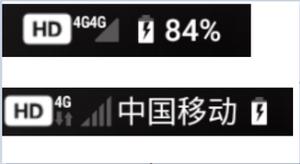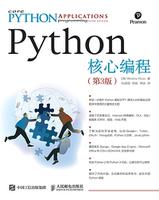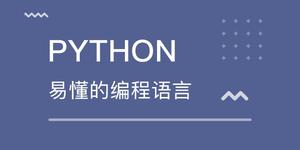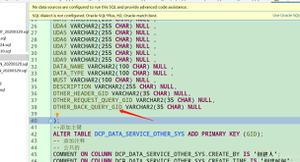设计一个队列的程序,在 Python 中将最近使用的元素移动到它的末尾
假设,我们被要求设计一个队列,将最近使用的元素移动到它的末尾。队列将被初始化为整数 1 到 n。现在我们必须构建一个函数,以便无论何时调用它,它都会将值从作为其输入给出的位置移动到队列的末尾。我们将多次调用该函数,该函数将在执行其移动任务时返回当前位于队列末尾的值。
因此,如果队列使用值 n = 5 进行初始化,或者它包含从 1 到 5 的值。并且执行移动的位置分别为 5, 2, 3, 1, 那么输出将是 5, 2, 4, 1
示例
让我们看看以下实现以获得更好的理解 -
from bisect import bisect_rightfrom math import sqrt
class TestQueue:
def __init__(self, n):
self.n= n
self.nn= int(sqrt(n))
self.data= []
self.index= []
for i in range(1, n+1):
ii = (i-1)//self.nn
if ii == len(self.data):
self.data.append([])
self.index.append(i)
self.data[-1].append(i)
def solve(self, k):
i = bisect_right(self.index, k)-1
x = self.data[i].pop(k - self.index[i])
for ii in range(i+1, len(self.index)):
self.index[ii] -= 1
if len(self.data[-1]) >= self.nn:
self.data.append([])
self.index.append(self.n)
self.data[-1].append(x)
if not self.data[i]:
self.data.pop(i)
self.index.pop(i)
return x
queue = TestQueue(5)
print(queue.solve(5))
print(queue.solve(2))
print(queue.solve(3))
print(queue.solve(1))
输入
queue = TestQueue(5)输出结果print(queue.solve(5))
print(queue.solve(2))
print(queue.solve(3))
print(queue.solve(1))
52
4
1
以上是 设计一个队列的程序,在 Python 中将最近使用的元素移动到它的末尾 的全部内容, 来源链接: utcz.com/z/331684.html







